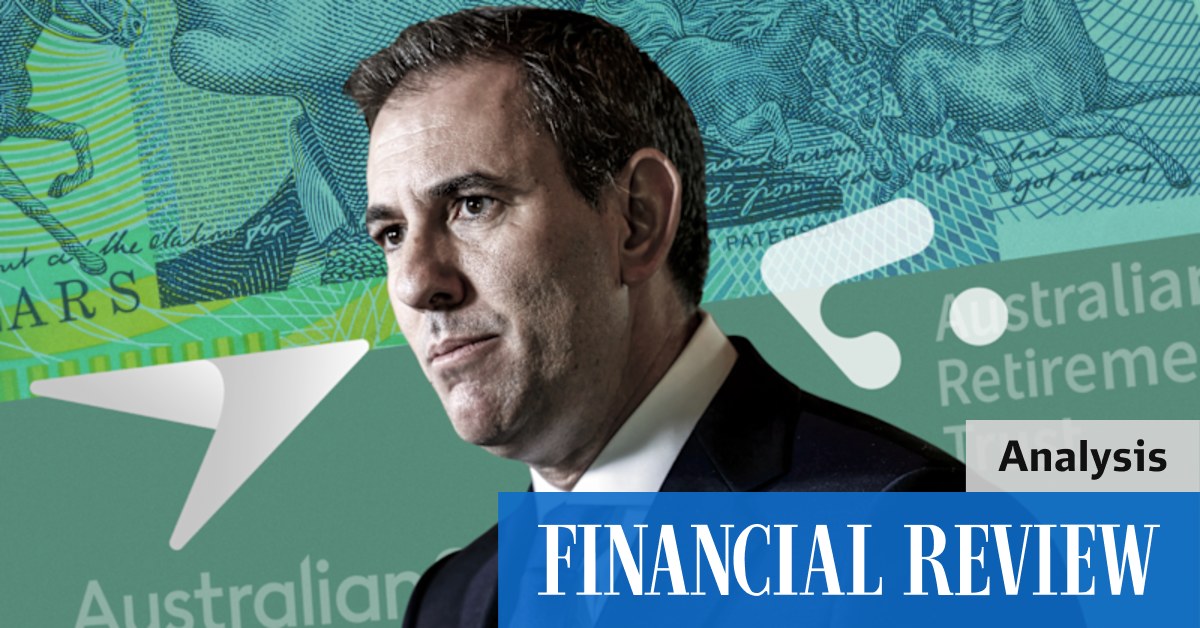$3m Super Tax: A Fairer Approach? The Debate Heats Up
The Australian government's proposed $3 million superannuation tax, aimed at high-balance accounts, has ignited a fierce debate. Is it a fair way to address wealth inequality and fund vital services, or a damaging blow to retirement savings and economic growth? Let's delve into the arguments.
The Proposal: A Closer Look
The proposed tax targets superannuation balances exceeding $3 million, imposing a levy on the amount above this threshold. While the exact details are still being debated, the potential impact on individuals and the economy is significant, prompting widespread discussion and analysis. This isn't just about taxing the wealthy; it's about re-evaluating the role of superannuation in Australia's social and economic landscape.
Key Arguments for the Tax:
- Addressing Wealth Inequality: Proponents argue the tax is necessary to address the growing gap between the rich and poor. High-balance super accounts represent a significant concentration of wealth, and the tax aims to redistribute some of this wealth to fund crucial public services like healthcare and education.
- Funding Essential Services: The revenue generated from the tax could significantly contribute to addressing critical funding shortfalls in areas vital to the nation's well-being. This could alleviate pressure on other tax measures and potentially lead to improvements in public services.
- Fairness and Equity: Supporters believe it’s only fair that those with significant wealth contribute more to society, particularly when many Australians struggle to achieve a comfortable retirement. The argument is based on the principle of progressive taxation – higher earners contributing a larger percentage of their income.
Key Arguments Against the Tax:
- Impact on Retirement Savings: Critics argue the tax will disincentivize saving and negatively impact the retirement plans of many Australians who have diligently saved over their working lives. This could lead to a decreased overall savings rate, with potential long-term economic consequences.
- Economic Disincentives: Some economists warn the tax could stifle economic growth by reducing investment and discouraging high-income earners. This argument highlights the potential unintended consequences of such policies.
- Complexity and Administrative Burden: Implementing and administering the tax could prove complex and costly, potentially outweighing the benefits. Concerns exist regarding the potential for errors and disputes.
The Wider Economic Context
The proposed super tax needs to be considered within the broader context of Australia's economic landscape. Factors such as inflation, interest rates, and global economic uncertainty all play a role in the debate. Experts are divided on the potential long-term effects, with some predicting negative consequences for investment and economic growth, while others argue it’s a necessary step towards a more equitable society.
Related Articles:
What Happens Next?
The future of the $3 million super tax remains uncertain. Further debate and analysis are crucial before any final decisions are made. The government will need to carefully consider the arguments both for and against the proposal, weighing its potential benefits against its potential risks.
Call to Action: What are your thoughts on the proposed $3 million super tax? Share your opinion in the comments below. Let's continue the conversation and foster a deeper understanding of this important issue.

